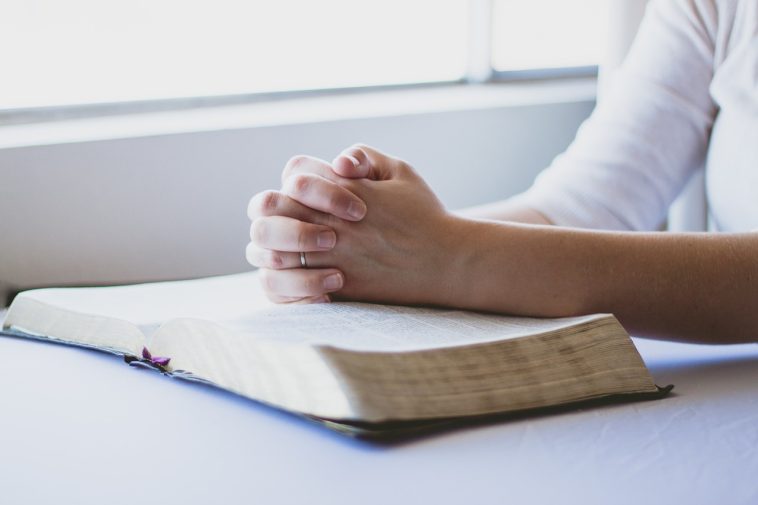Do you agree with protecting the right to pray in public spaces?
Religious freedom is one of the most cherished principles enshrined in the United States Constitution. The right to pray in public spaces is a crucial aspect of this freedom, reflecting the nation’s commitment to the free exercise of religion. From a conservative perspective, protecting the right to pray in public spaces is essential for upholding individual liberties, respecting cultural traditions, and fostering a tolerant and inclusive society. Here’s why this right should be safeguarded and how it aligns with conservative values.
Upholding Constitutional Rights
The First Amendment of the United States Constitution guarantees the free exercise of religion. This fundamental right includes the ability to express one’s faith openly and publicly. Protecting the right to pray in public spaces ensures that individuals can practice their religion without fear of government interference or societal retribution. This protection is vital for maintaining the constitutional rights that form the bedrock of American democracy.
Respecting Individual Liberties
Conservatives believe in the primacy of individual liberties and personal responsibility. The right to pray in public spaces is an extension of individual freedom, allowing people to express their beliefs and connect with their faith in a public setting. By safeguarding this right, we affirm the importance of personal autonomy and respect for individual choices. This respect for individual liberties is a cornerstone of conservative philosophy.
Honoring Cultural Traditions
The United States has a rich history of religious diversity and public expressions of faith. From prayer at public events to religious symbols in public spaces, these practices are part of the cultural fabric of the nation. Protecting the right to pray in public spaces honors these traditions and acknowledges the role that religion has played in shaping American values and society. By preserving these practices, we maintain a connection to our historical roots and cultural heritage.
Promoting Tolerance and Inclusion
Allowing public expressions of faith promotes a culture of tolerance and inclusion. It sends a message that all religious beliefs are respected and valued in the public sphere. By protecting the right to pray in public spaces, we encourage a society where diverse religious practices are accepted and celebrated. This inclusivity fosters mutual understanding and respect among individuals of different faiths, contributing to social harmony and cohesion.
Encouraging Civic Engagement
Religion often inspires individuals to contribute positively to their communities and engage in civic activities. Public expressions of faith, such as prayer, can serve as a source of inspiration and motivation for civic engagement. By protecting the right to pray in public spaces, we support the role of religion in encouraging active and responsible citizenship. This engagement strengthens communities and promotes the common good.
Addressing Misconceptions
Critics of public prayer often argue that it violates the principle of separation of church and state. However, this principle was intended to prevent the establishment of a state religion, not to eliminate religious expression from public life. Protecting the right to pray in public spaces is consistent with the First Amendment’s protection of religious freedom. It allows individuals to express their faith while respecting the diverse beliefs of others. By clarifying this distinction, we can address misconceptions and uphold both religious freedom and constitutional principles.
Reflecting the Will of the People
Public opinion consistently supports the protection of religious expression, including the right to pray in public spaces. Many Americans believe that religious freedom is a fundamental right that should be upheld in all areas of public life. By safeguarding this right, policymakers align with the values and beliefs of their constituents. This approach respects the democratic principle of reflecting the will of the people in government decisions.



